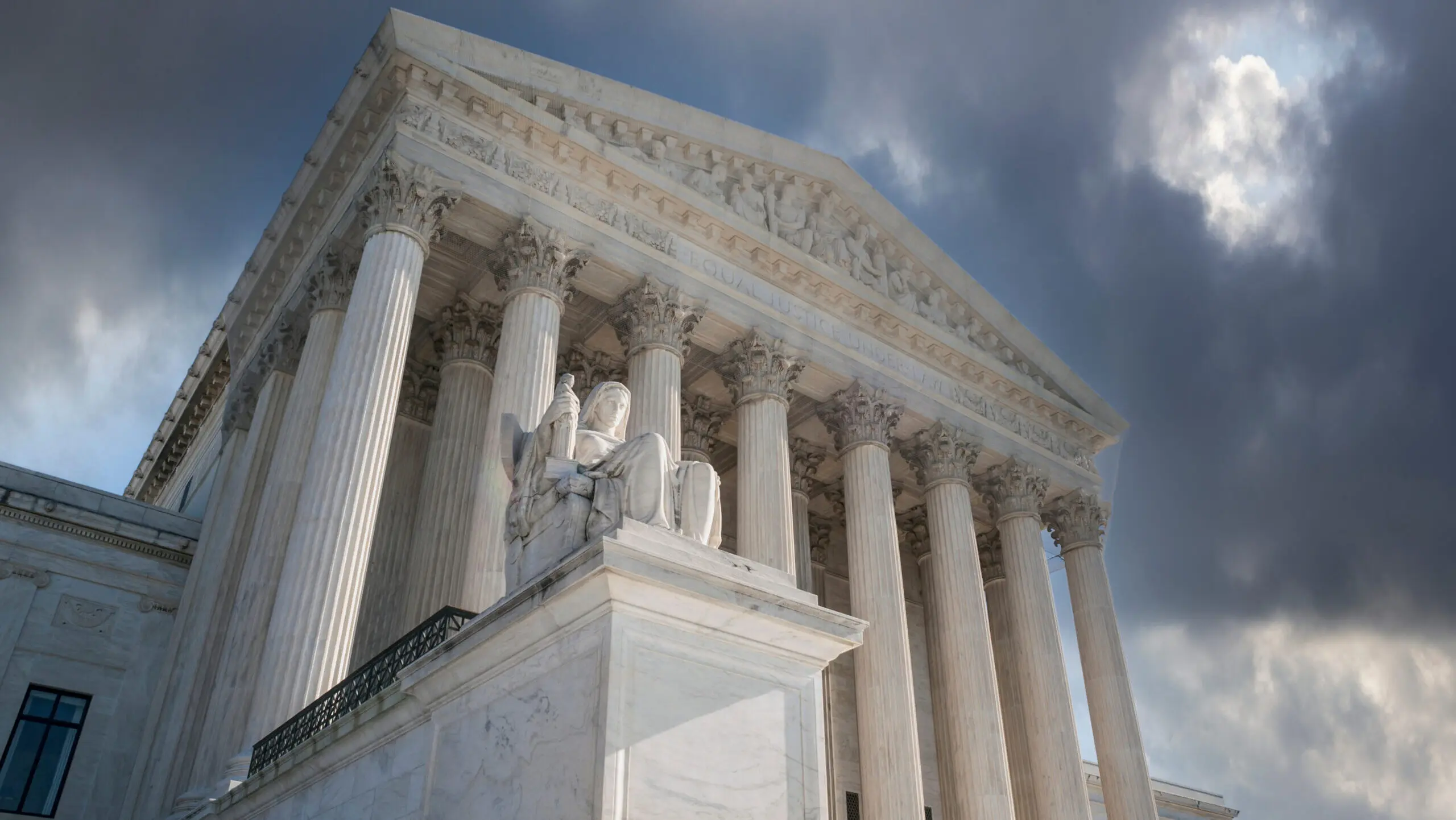|
Getting your Trinity Audio player ready...
|
The NAACP Alabama State Conference issued a statement on Tuesday saying the organization was “devastated by the high court ruling in [the] Trump immunity case.”
Benard Simelton, the organization’s president, said that “the Highest Court in the land has failed to protect its citizens from the most dangerous threat to our society, and this ruling, coming from the United States Supreme Court, violates the trust put in it by its citizens.”
Released on Monday, the Supreme Court’s decision on Trump v. United States stated that presidents have “presumptive immunity” for all official acts and “absolute immunity” for all official acts covered by presidents’ “exclusive authority.”
All six justices that signed onto the majority opinion in Trump v. United States were appointed by Republican presidents, with three appointed by Trump himself. Simelton told APR the NAACP wasn’t expecting the ruling because they “thought [the Supreme Court] would put their partisan views and ideology aside and rule based on the court of law.”
Alabama Republicans were quick to publicly support the ruling. On a Tuesday radio show, Congressman Jerry Carl said America was “really, really, really close to becoming a third-world country” before the Supreme Court gave presidents legal immunity.
However, liberal politicians and many legal experts have called the ruling both anti-democratic and potentially dangerous. Walter Olson, a senior fellow at the Cato Institute’s Robert A. Levy Center for Constitutional Studies, wrote that the ruling “is not what the Framers wanted” and “not what we should want either.”
“The NAACP does not support this decision,” Simelton said. “We think that presidents should be held accountable for their actions when they violate the law, when they’re in office and certainly when they’re out of office.”
NAACP president Derrick Johnson called the decision “a danger to not only the African American community, but a danger to our society as a whole.”
Simelton explained to APR that he personally feels “this ruling will determine how our democracy will move forward.”
“If we determine that the president of the United States is above the law then everything that we work for in a democracy will be undermined and essentially done away with,” he noted.
Simelton said he believes Americans need to elect both a president who respects everyone’s rights and the limits of their office and members of Congress who can keep an eye on the president and on the Supreme Court.
Pointing to the 22nd Amendment, which formalized the two term limit for the presidency, Simelton stated that America “didn’t want a person becoming an office and staying there forever” and it’s “the same thing with the Supreme Court.”
“I think it’s time to start looking at term limits for the Supreme Court,” he proffered.
Simelton is not the only person to call for more checks on the Supreme Court in the aftermath of its recent controversial rulings.
Senator Dick Durbin, D-Illinois, called it “disgraceful that Justices Thomas and Alito brazenly refused to recuse themselves from [Trump v. United States]” and said he’ll continue pushing for the Supreme Court Ethics, Recusal, and Transparency Act.
Senators Tina Smith, D-Minnesota, and Elizabeth Warren, D-Massachusetts, were just two of the elected officials to call to expand the Supreme Court as Congress did in the 1860s and FDR threatened to in the 1930s.
If the Supreme Court is not expanded, the composition of the court will only change as justices retire or die while in office. Whichever presidential candidate is elected in November, in addition to their newfound immunity, will likely appoint one or more people to the Supreme Court to either weaken or entrench the current majority.






















































